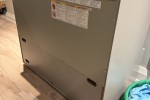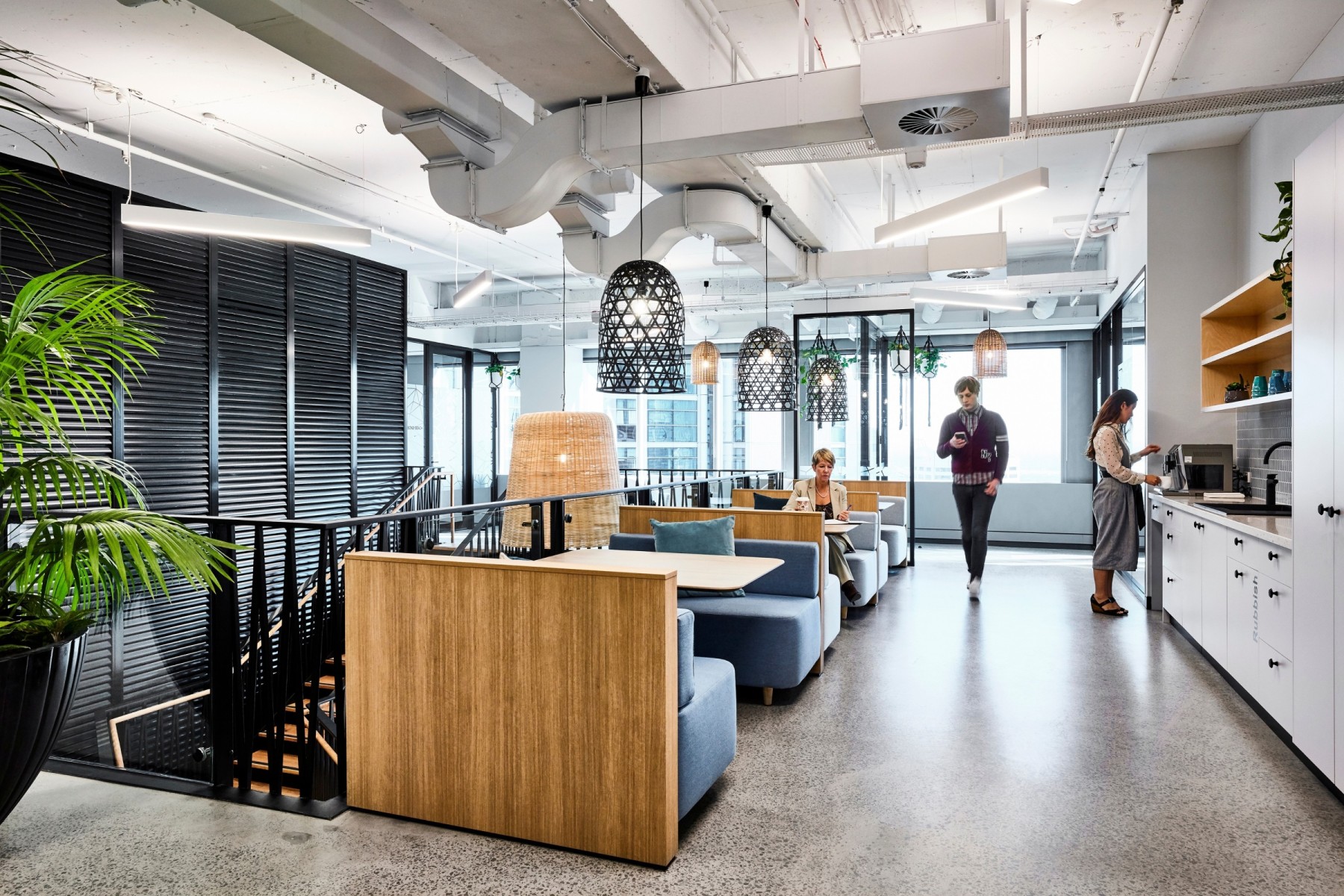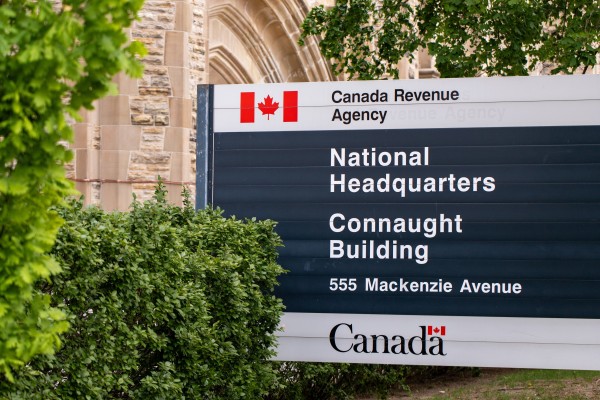What to expect from Canadian workplace culture as a newcomer

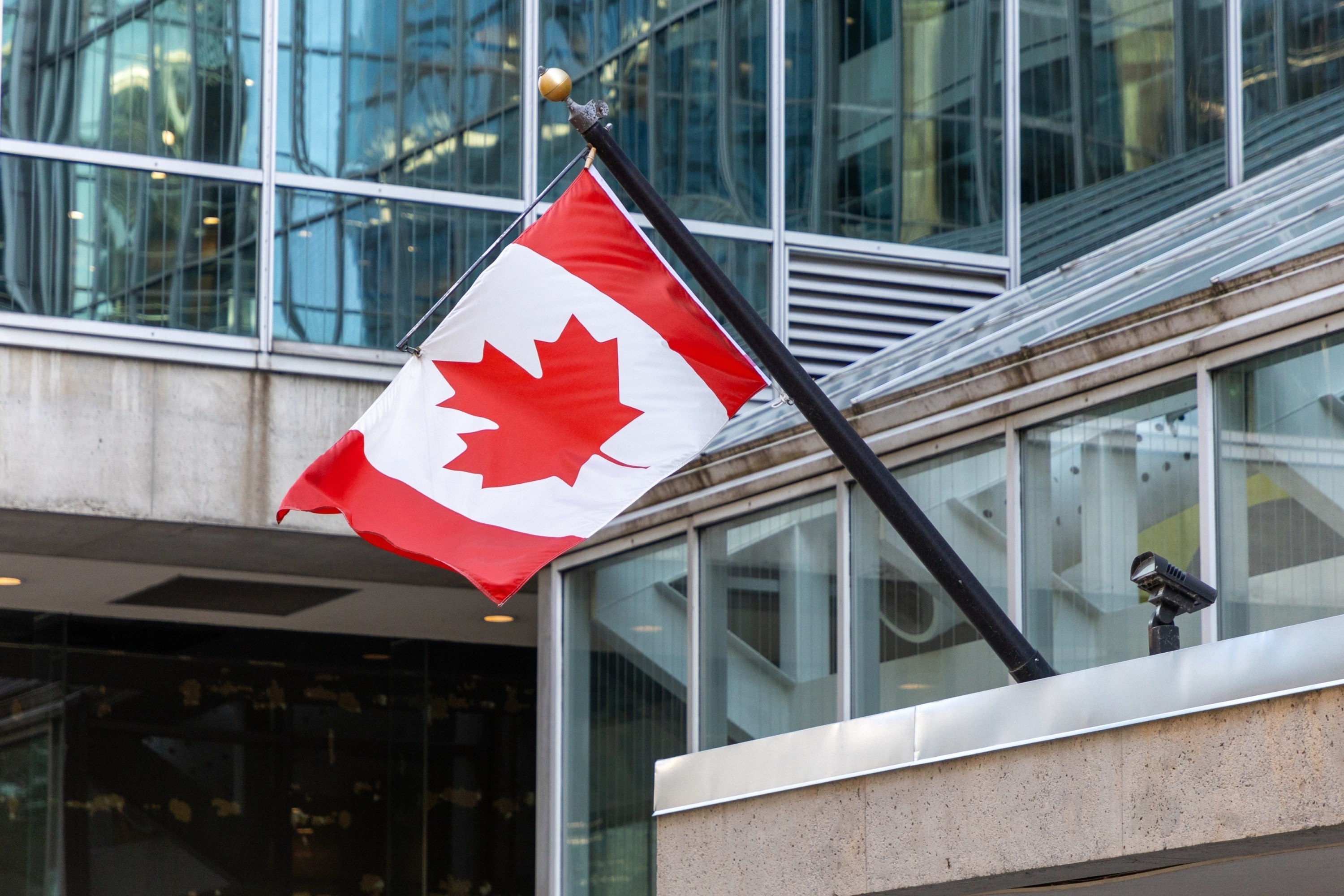
Starting a new job brings up feelings of both excitement and nerves simultaneously. A new job in a whole new country compounds these feelings. There are cultural dynamics and sometimes even a new language to get accustomed to.
Having an understanding of Canadian workplace culture will help you ease the transition. You'll feel more confident as they begin at their new place of work.
This article covers everything you need to know about etiquette and cultural nuances when starting a new job in Canada. Get the inside scoop on communication styles, expectations on the job, breaks, DEI practices, and more.
Communication styles on the job in Canada
Most people think of the word “sorry” when it comes to Canadian cultural stereotypes. Yes, Canadians are known for being polite and not wanting to rock the boat too much. Canadian communication leans towards politeness, indirect comments, and respect.
When issues come up at work, there is an emphasis on diplomacy and social strategy, especially when there's conflict in meetings. This is also the case when managers and those in senior positions are giving feedback to other employees.
Since email is such a big part of the majority of jobs and careers, it’s good to get a clear idea of how Canadians email:
- We keep the tone professional yet friendly and warm.
- Always start with a brief greeting.
- Subject lines are clear and succinct.
Active listening is crucial. When important issues are being discussed, using speech “softeners” within statements goes a long way. Everyone feels comfortable and supported. These include:
For making suggestions
- “I wonder if we could consider…”
- “Would it make sense to try…?”
- “Have we thought about…?”
- “One idea might be…”
- “Could we explore the option of…?”
For gently disagreeing
- “That’s a good point, and I see it a bit differently…”
- “I appreciate your perspective. Here’s another angle to consider.”
- “I hear what you're saying. What if we looked at it this way?”
- “I’m not sure I agree entirely, but I think there’s room for discussion.”
For giving feedback
- “Would you be open to a bit of feedback?”
- “Something that might help next time is…”
- “I’ve noticed something we might want to revisit…”
- “This part is working really well, and here’s an area we might tweak.”
For asking questions or seeking clarification
- “Just to clarify…”
- “Do you mind if I ask a quick question?”
- “I may have misunderstood, but could you explain…?”
- “I’m not sure I follow. Could we walk through that again?”
For expressing uncertainty or caution
- “This might be a stretch, but…”
- “I’m not 100% sure, but my initial thought is…”
- “I could be wrong, but I believe…”
- “It’s just a thought, but maybe we could…”
Tone and body language as softeners
- Smiling gently when speaking.
- Using inclusive language like “we” or “our team”.
- Keeping an open posture.
- Making eye contact respectfully without being too intense.
- Allowing pauses so others can respond.
Workplace hierarchies and collaboration
While Canadian workplaces have managers, supervisors and foremen, hierarchies are gentle.
- Managers, and those in a 'higher' position, are almost always approachable, supportive and open to input.
- Teamwork is highly valued. Decisions that affect everyone are often made collaboratively. Superiors respect the input and reflections from all involved.
- Intimidation and dominance from superiors are not encouraged and are looked down upon in the workplace in Canada.
Time management, punctuality and deadlines
Being on time is important, in fact, necessary in Canadian workplace culture.
If you show up for work or meetings too many times, you could lose your job. Meeting deadlines shows your employer that you are professional and reliable.
It’s okay to be late once in a while, but you must communicate in the moment to avoid surprises.
Work-life balance and breaks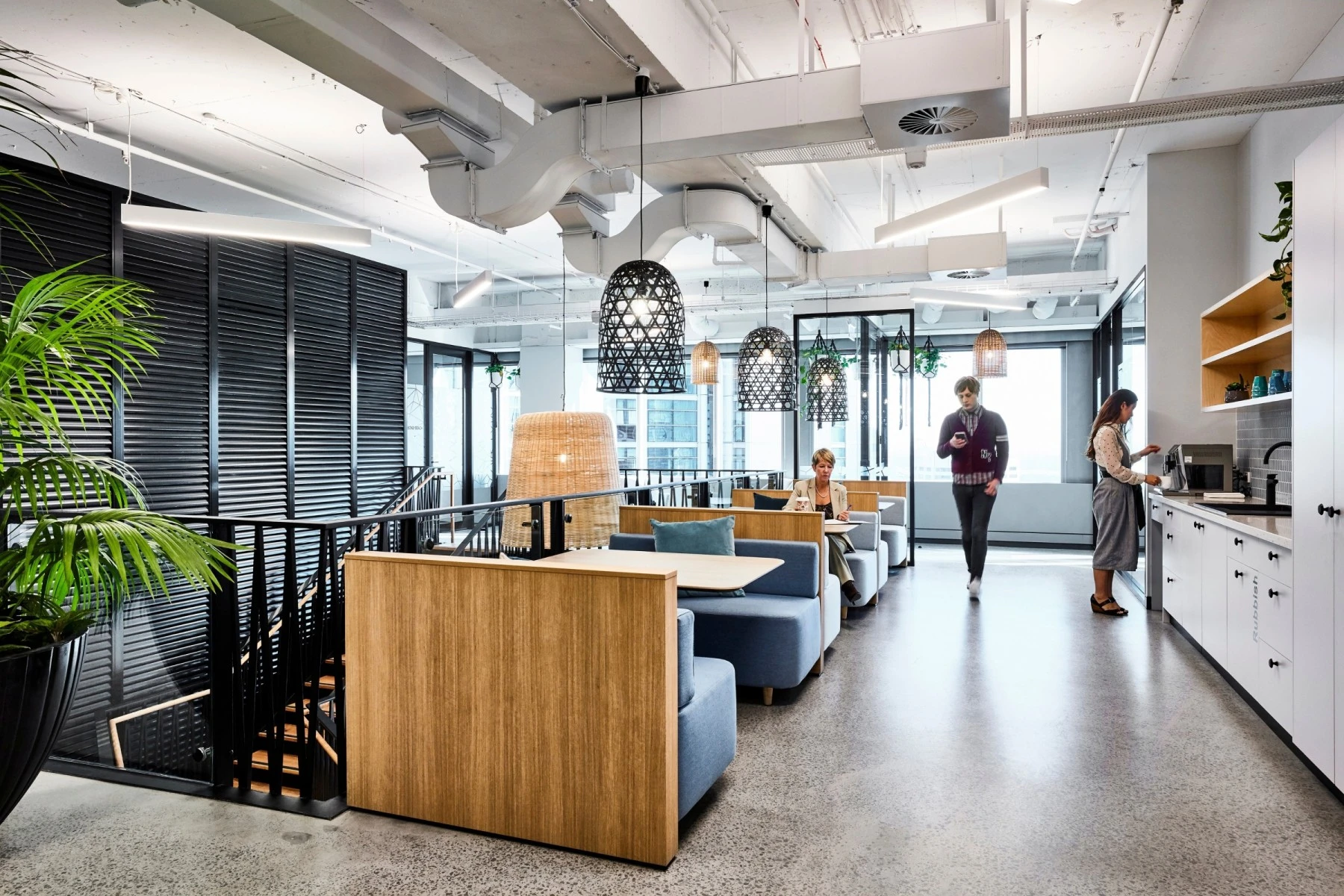
Work-life balance is acknowledged and prioritised in most sectors.
Canadian laws surrounding breaks on the job
- In Canada, laws around lunch and work breaks vary. It depends on whether you work for a federally or provincially regulated employer.
- Regardless of where you work, most employees are entitled to at least one meal break per shift. The timing and whether it’s paid can differ.
- According to the Canada Labour Code, which governs federally-regulated jobs, employees must receive a 30-minute unpaid meal break after no more than five consecutive hours of work. If an employee is required to remain at their workstation during this break, then the break must be paid.
- Short rest or coffee breaks 10–15 minutes) are not required by federal law, though many employers offer them as a common practice.
- Most provinces require that employees receive at least a 30-minute unpaid meal break after five hours of work.
- Employers are not required by law to provide additional paid rest breaks (like coffee breaks), but often do so voluntarily.
- If an employer does offer short breaks, they are typically paid and given once in the morning and once in the afternoon.
- The 30-minute break cannot be waived, even if an employee agrees to skip it. In some cases, the break can be split into two 15-minute breaks, but this must be agreed upon by both the employee and employer.
- Some industries may have different or more generous break entitlements. This is outlined in collective agreements or employment contracts.
If you're not sure about your break entitlements, it's always a good idea to check your employment standards for your province. You can also speak with your HR department.
Time off, such as evenings and weekends, is respected by workplaces. It's looked down upon to bother employers with work-related communications during these times.
Paid vacation, personal days, and sick leave are standard benefits, and maternity and bereavement leave are common.
Diversity, Inclusion and Equity (DEI) in the Canadian workplace
Canada is known for and celebrates its multiculturalism, and all backgrounds are welcome. Nowadays, employers often have DEI policies and training in place.
Everyone has a right to a safe and respectful workplace. Regardless of your race, gender, sexual orientation, or physical mobility.
HR departments exist to help eradicate any workplace discrimination or harassment. If you experience this, don’t hesitate to contact the department.
Professional development and feedback
Many workplaces offer training opportunities and/or mentoring, and ongoing learning is encouraged. Employers and managers give constructive feedback, usually during performance reviews, meetings, or informally.
Asking for help, guidance and clarification when needed is encouraged. Questions are met with supportive friendliness.
Self-advocacy (asking about goals, promotions, or growth opportunities) is valued and shows that you know your worth.
Tips for integration and adjusting to a new job, culture and environment
- No question is a bad question. Don’t be afraid to ask for clarification as often as you need; it shows that you care.
- Observe and adapt to the workplace culture while staying true to your values. If something doesn’t feel right, don’t do it, and speak to HR if something is bothering you.
- Try to connect with some colleagues, either on the job or socially. This builds workplace trust and community.
- Don’t be hard on yourself, transitions take time and aren’t easy.
You are already on the right path by taking the time to learn about Canadian workplace culture. By doing so, you increase your chances of success and positive experiences. Stay open and curious, and know that your contributions matter, even as you are adjusting to a new culture. It takes courage to start new work in a new country.
Are you looking to find a job in Canada? Read our networking tips to help you get started.
Frequently Asked Questions (FAQs) about Canadian workplace culture
What is the dress code in most Canadian workplaces?
Most Canadian offices follow a business-casual dress code, though it can vary by industry. If you're unsure, start slightly more formal and observe what colleagues wear. You can also ask HR during onboarding.
Is small talk common in the Canadian workplace?
Yes, small talk is an important part of Canadian work culture. Friendly conversations about the weather, weekend plans, or sports help build rapport and trust among coworkers.
How much personal space should I give others at work?
Canadians value personal space. A comfortable distance is typically about an arm’s length. Respectful eye contact and open posture are appreciated, but avoid standing too close or interrupting personal time.
Are mentorship or onboarding programs available for newcomers?
Many Canadian companies offer structured onboarding or mentoring programs to help new employees settle in. If you're not offered one, ask HR about support resources, training, or professional development opportunities.
How can I connect socially with coworkers?
You can join workplace social events, take part in team lunches or coffee breaks, and show interest in multicultural activities. Even casual chats during breaks can help you feel more included.
What rights or resources are available to me as a newcomer?
Newcomers are protected by the same labour laws as all workers in Canada. You can also access support through organisations like the Immigrant Workers Centre, La Passerelle‑I.D.É., or CRA newcomer supports.
Do Canadian workplaces celebrate cultural diversity?
Yes, diversity and inclusion are central values in most Canadian workplaces. Many companies offer DEI training and actively celebrate multicultural events and team diversity.
What do our customers say?
